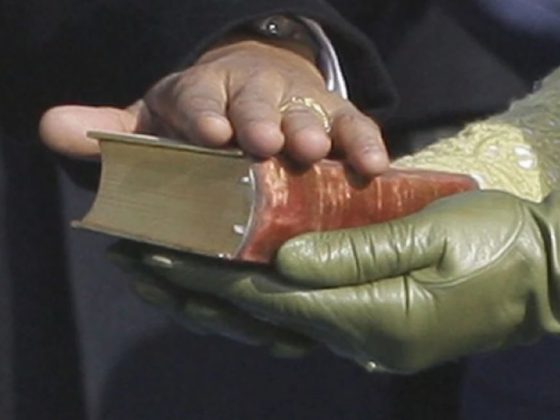(Jamestown) Russia is becoming increasingly a Muslim country. Out of a total population of over 146 million (including two million in annexed Crimea), it counts about 15 million people of Muslim background—even if not all are believers and even fewer practice Islam. Given forthcoming demographic changes, by around 2050 Muslims will represent between one third (according to the most conservative estimates) and one half (according to the most ‘alarmist’ assessments) of the Russian population. This ‘Islamization’ of Russia—not in the sense of radical Islam but of a rising number of citizens self-referring to Islam—will impact both Russia’s domestic situation and its foreign policy options in the medium and long term. Islam’s growing importance in Russia will shape the future of the country in at least five main directions: the overall demographic balance of the country; the strategy of ‘normalizing’ the regions of the North Caucasus; Russia’s migration policy; Russia’s positioning on the international scene; and the transformation of Russian national identity.
Introduction
The Russian authorities’ incessant promotion of the Russian Orthodox Church, Orthodox symbols, and supposed “Orthodox cultural values” hides an understudied, contradictory trend: Russia is becoming increasingly a Muslim country. Russia counts about 15 million people (in a total population of over 146 million, including two million in annexed Crimea) of Muslim background, or about 11 percent of its population. All are not fervent believers, and even fewer practice Islam routinely. Moscow has the largest Muslim community in Europe: about one million Muslim residents and up to 1.5 million Muslim migrant workers. Given demographic changes, Muslims will represent between one third (the most conservative estimate) and one half (the most generous estimate) of the Russian population by around 2050. […]
Read More © The Jamestown Foundation










